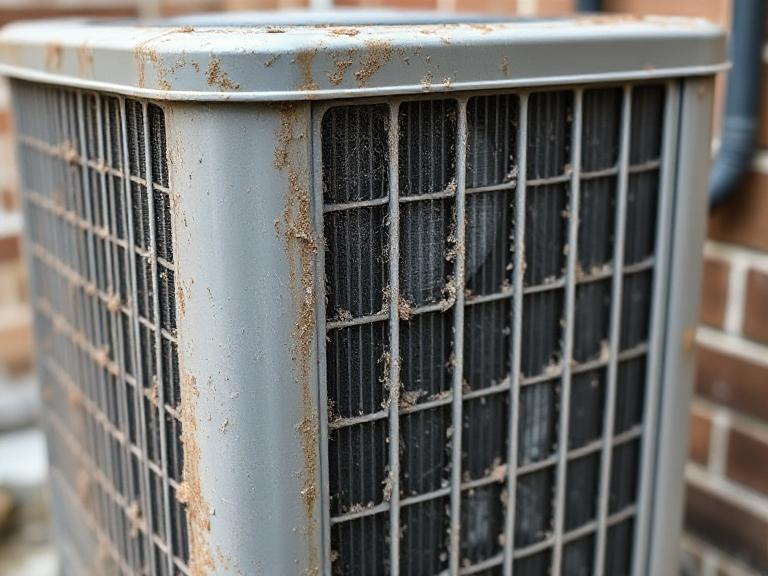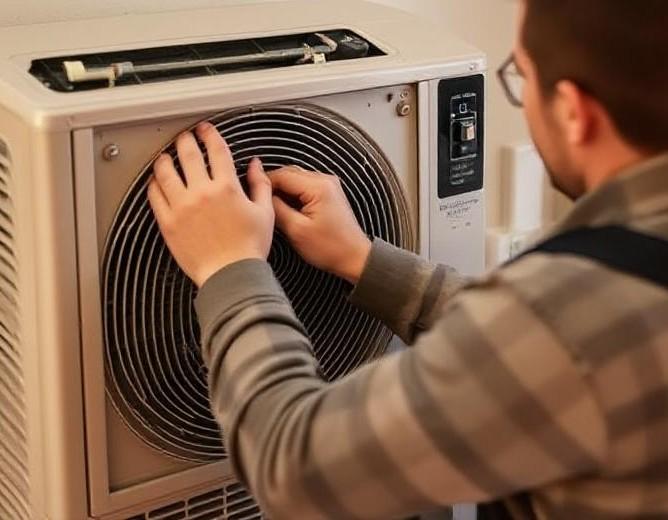What Is HVAC Certification Called?
Introduction
In the complex world of heating, ventilation, and air conditioning (HVAC), ensuring you have a certified professional to handle your system is crucial. HVAC certification is not just a piece of paper; it symbolizes the knowledge and skills a technician possesses. Demystifying HVAC Certification: What Is It Called and Why Does It Matter? This article will shed light on what HVAC certification entails, its importance, and how it impacts your comfort and emergency ac service Coachella safety in your home or business.
Demystifying HVAC Certification: What Is It Called and Why Does It Matter?
When we talk about HVAC certification, we're referring to the formal recognition that a technician has completed necessary training programs and passed examinations to prove their competence in the field. Various organizations offer certification programs, each with specific requirements.
What Certifications Exist in the HVAC Industry?
- Required for handling refrigerants.
- Ensures compliance with environmental regulations.
- North American Technician Excellence.
- Recognized as a standard for technicians’ knowledge.
- Focuses on practical skills and theoretical knowledge.
- Offers different specialties within HVAC.
- Refrigeration Service Engineers Society.
- Emphasizes technical expertise in refrigeration.
- Vary by state; often required for legal operation.
- Ensures adherence to local codes and regulations.
Why Do You Need a Certified HVAC Contractor?
Hiring a certified HVAC contractor isn't just a matter of preference; it's essential for several reasons:
- Safety: Proper installation reduces risks related to gas leaks or electrical failures.
- Efficiency: A knowledgeable technician ensures optimal system performance, potentially lowering utility bills.
- Warranty Protection: Many manufacturers require professional installation by certified contractors for warranty coverage.
- Compliance: Working with an expert helps ensure all local building codes are met.
The Process of Becoming Certified
To become a certified HVAC contractor, one typically follows these steps:
Common Misconceptions About HVAC Certification
1. "All Technicians Are the Same"
While many technicians may have similar skills, certifications highlight differing levels of expertise and specialization.
2. "Certification Guarantees Quality Work"
While certification indicates a baseline level of knowledge, actual work quality can vary based on experience and professionalism.
3. "It's Just About Passing Tests"
Certification involves rigorous training that goes beyond exams; it encompasses practical application skills as well.
Understanding Different Types of HVAC Systems
HVAC systems come in various types, each suited for different applications:
Central Air Conditioning Systems
- Efficient cooling over larger areas.
- Often paired with ductwork for air distribution.
Ductless Mini-Split Systems
- Ideal for homes without ductwork.
- Offers flexibility in zoning different rooms separately.
Heat Pumps
- Provide both heating and cooling.
- Known for energy efficiency compared to traditional systems.
Furnaces
- Commonly used for heating spaces during colder months.
- Can run on gas, oil, or electricity depending on the model.
Boilers
- Use hot water or steam to heat spaces effectively.
- Often found in older homes but still popular in certain regions.
How Do You Identify a Certified HVAC Contractor?
Finding a certified contractor requires diligence:
FAQs About HVAC Certification
1. What is the most recognized certification for HVAC technicians?
The North American Technician Excellence (NATE) certification is widely regarded as one of the most recognized credentials in the industry.


2. How often do I need to re-certify?
Most certifications require renewal every two to five years, depending on the certifying body’s policies.
3. Do all states require HVAC licensing?
No, licensing requirements vary by state; some states mandate licenses while others do not have such regulations at all.
4. Can I verify an HVAC contractor's credentials?
Yes! Most certifying bodies provide online directories where you can search for licensed professionals by name or location.
5. How can I ensure my technician stays current with industry trends?
Look for contractors who participate in continuing education courses or belong to professional associations related to HVAC technology.
6. Is it worth hiring a certified contractor over an uncertified one?
Absolutely! Certified contractors have proven their expertise through rigorous testing and training, ensuring better service quality and compliance with industry standards.

The Role of Continuing Education in HVAC Certification
As technology evolves rapidly within the industry—such as advancements in smart thermostats—the need for continuing education becomes paramount:
The Importance of Choosing an Experienced Contractor
When it comes down to it, experience matters immensely:
Conclusion
Navigating through the intricacies of heating, ventilation, and air conditioning systems can be overwhelming without proper guidance—especially when considering who should service them! Understanding what makes up certified professionals allows homeowners like yourself peace-of-mind knowing your environment is safe & efficient thanks largely due diligence taken during initial selection processes! So remember next time you're looking at hiring help—prioritizing qualifications such as being labeled “certified” brings many benefits beyond simply getting work done fast!
In summary: Demystifying HVAC Certification: What Is It Called and Why Does It Matter? It's not just terminology but rather vital information that influences how comfortable & secure our daily lives remain indoors!
By understanding these elements surrounding certifications—you’re now equipped better than ever before when making decisions regarding your home’s climate control needs!